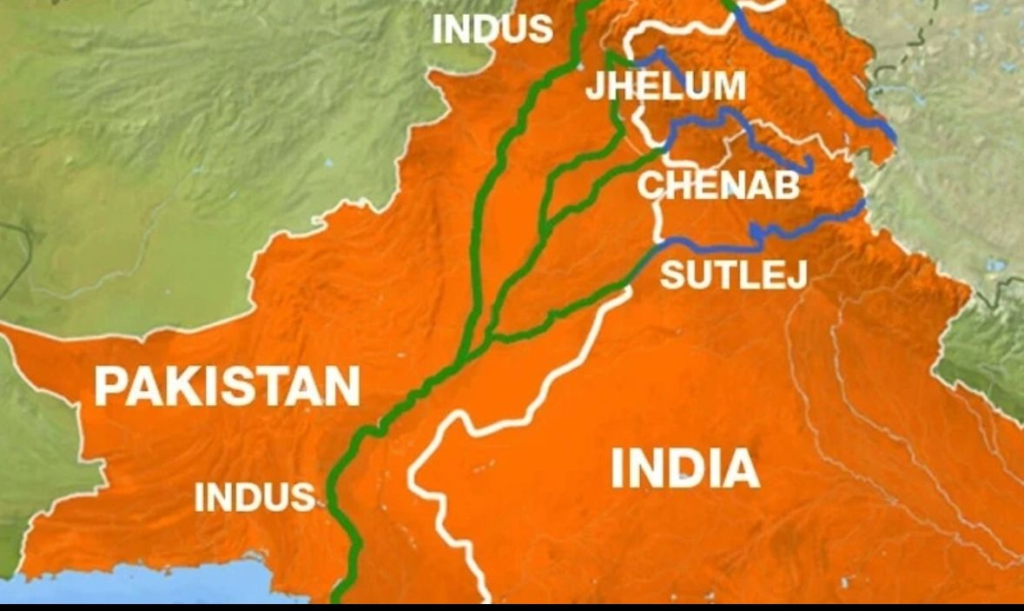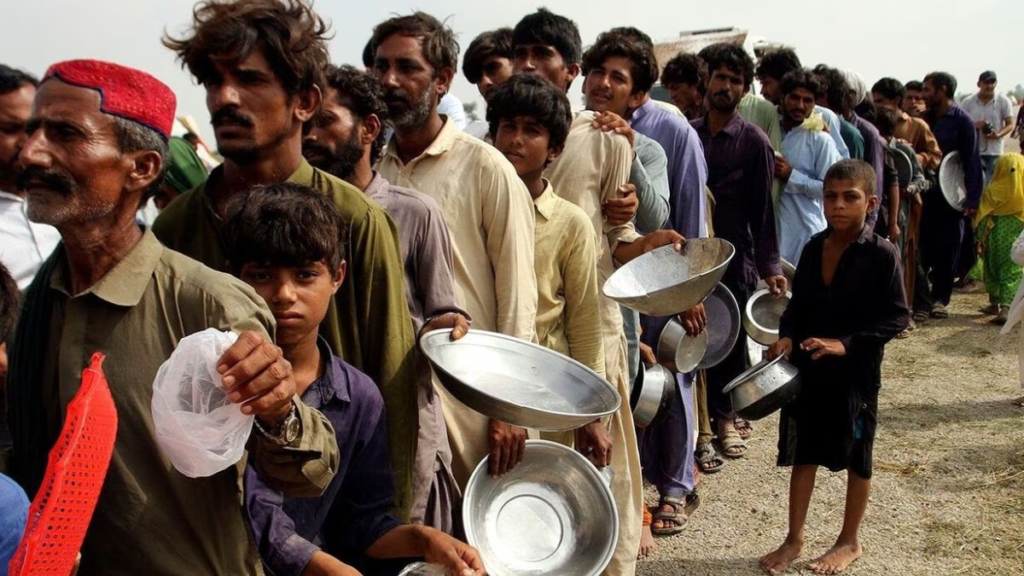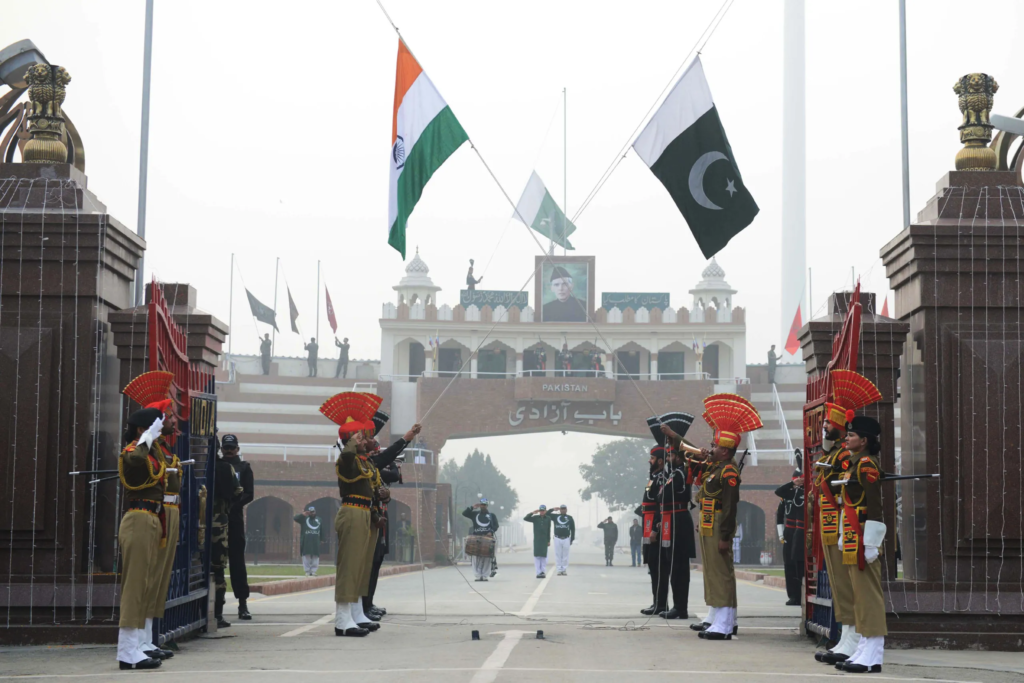India Suspends Indus Waters Treaty | Pahalgam Terror Attack | Pahalgam terrorist attack | Indus River System impact
Table of Contents
On April 19, 2025, a devastating terrorist attack hit Pahalgam in Jammu and Kashmir, claiming 26 lives, including that of a foreign national. The Indian government immediately pointed the finger at cross-border terrorism allegedly supported by Pakistan. In response, India convened an urgent Cabinet Committee on Security (CCS) meeting. The decision was swift and strong — India decided to suspend the Indus Waters Treaty (IWT), a significant water-sharing agreement with Pakistan that had lasted for over 60 years.
The Indus Waters Treaty
The Indus Waters Treaty, brokered by the World Bank in 1960, divided the waters of the Indus River system between India and Pakistan. India was allocated control over the three eastern rivers: Ravi, Beas, and Sutlej, while Pakistan got control over the three western rivers: Indus, Jhelum, and Chenab. The treaty had survived several decades of political tension, conflicts, and wars, becoming a rare example of cooperation amidst constant hostilities between the two nations.

Despite numerous military confrontations and border skirmishes, the treaty remained largely intact. But the recent attack in Pahalgam changed everything.
India Suspends Indus Waters Treaty
By suspending the treaty, India is essentially cutting off cooperation with Pakistan regarding water management. The decision includes halting data-sharing on river flows, not notifying Pakistan of any new dams or construction plans, and accelerating hydropower projects on the eastern rivers that were originally under India’s control.

India’s strategic shift is aimed at leveraging water as a political tool. The decision to suspend the treaty could potentially grant India the ability to alter the water flow, thereby affecting Pakistan’s vital agricultural and energy sectors.
Potential Impact on Pakistan’s Agriculture and Economy
For Pakistan, the suspension of the treaty is a disaster in the making. The Indus River System serves as the backbone of Pakistan’s agriculture, providing irrigation to over 80% of the country’s crops, including wheat, rice, and sugarcane. A disruption in the flow of water would lead to a devastating impact on crop production, potentially causing widespread food insecurity.

Water scarcity would also affect Pakistan’s hydropower generation, with key dams like Tarbela and Mangla relying on water from the western rivers. Reduced water flow could cut electricity production, resulting in frequent blackouts, affecting both residential and industrial sectors. The energy crisis would compound the challenges facing the nation.
Pakistan’s Vulnerability to a Water Crisis
The threat of water shortage doesn’t just end at agriculture and energy. Pakistan’s urban water supplies would also be affected. Cities like Lahore, Islamabad, and Karachi, which rely heavily on these rivers, could face severe water shortages. In the worst-case scenario, the country would be forced to rely on expensive water imports, leading to a significant drain on its economy.

Moreover, a lack of access to clean water could also result in widespread health issues. Poor sanitation and water contamination would likely lead to disease outbreaks, exacerbating the national crisis.
International Implications
The suspension of the IWT would create ripples in the international community, particularly for the World Bank, which brokered the original treaty. Although the IWT lacks a formal exit clause, India may invoke Article 62 of the Vienna Convention on the Law of Treaties, which allows for withdrawal in the event of a “fundamental change of circumstances.”

India’s argument could be that the security situation has dramatically changed since 1960, and continuing the treaty is no longer feasible when Pakistan is allegedly sponsoring terrorism. This would essentially put the World Bank in a challenging position of either supporting India’s withdrawal or facilitating a new round of negotiations.
Pakistan, on the other hand, is likely to take this issue to the United Nations and other international forums. The country would label India’s action as a violation of the treaty and international law, calling it a form of “water aggression.”

The consequences of India’s decision could set a dangerous precedent for other regions that rely on shared water resources. South Asia could face the first-ever “water war”, as water scarcity exacerbates tensions. The move may also influence global diplomacy regarding water-sharing treaties, as nations begin to recognize water as a powerful political and military weapon.

If the situation escalates, it could result in mass migrations, regional instability, and military standoffs over access to water. And in the end, it’s the ordinary citizens-the — farmers, children, and families—who will bear the brunt of this conflict.
For Pakistan, this is an unprecedented challenge that could have severe long-term consequences.
